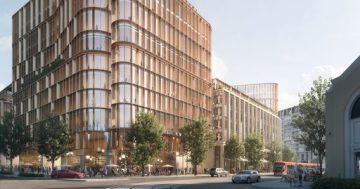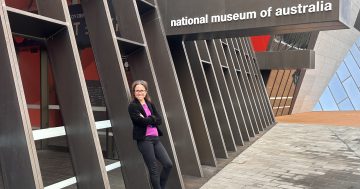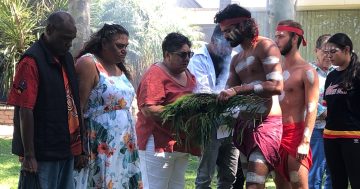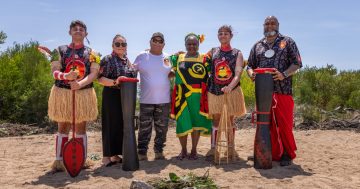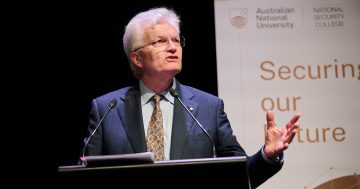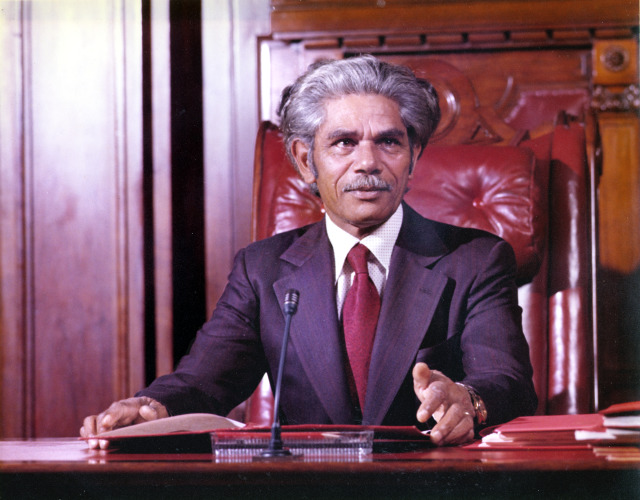
The seat of Bonner, named after former Liberal senator Neville Bonner, is one of 24 electorates with an Indigenous connection. Photo: MoAD.
While watching the recent election coverage, I was struck by how few federal electorates are named with reference to First Nations people, languages or culture.
In fact, according to the AEC website, out of a total of 151 federal electorates, only 24 have a specific First Nations connection. That isn’t even a quarter.
Whenever symbolic changes like this are suggested, the usual critics come out and parade a bunch of facetious reasons why the change would be unnecessary, have no impact, or be somehow offensive.
I imagine that the opposition to changing more electorate (or indeed all electorate) names to ones grounded in First Nations culture would be along the following lines:
What difference does it make to change the names of electorates? If you really want to address the marginalisation and oppression of First Nations Australians, do something practical!
To which I respond, two things can occur at the same time. There is no doubt that there needs to be more investment in addressing the economic, health and educational gaps for Aboriginal and Torres Strait Islander peoples, which are a direct result of colonisation. We need targeted programs that are informed and led by First Nations people and that are culturally responsive, strengths-based, and have long-term funding to enable genuine change.
The need for this practical commitment to change doesn’t change or detract from the fact that there are symbolic changes we could also be making to acknowledge injustice and actively try to create a more cohesive and inclusive Australian national identity and the federal electorate system is a clear place to start.
The people who electorates are named after did great things, and why should they be dishonoured by removing their names from electorates just to make some point?
Sometimes, to right the wrongs of our past, we have to do difficult things. For example, acknowledging that the way we have prioritised what and who we honour through national recognition has been grounded in a colonial mindset that has historically devalued and erased the contributions and impact of First Nations Australians.
There’s a difference between changing something to redress an imbalance and deliberately dishonouring a non-Indigenous person of note. It’s a natural part of progress to have to dismantle past systems or structures, and in this case, the tangible negative impact on anyone stripped of an electorate name is very minimal.
This is just virtue signalling nonsense.
And yet, signalling my virtues always feels so good!
In all seriousness, people seem to be unable to grasp what the actual concept of virtue signalling is. Virtue signalling is when people insincerely spout progressive opinions while hypocritically benefiting from the systems that create the injustices they’re speaking out against.
Changing electorate names would only be virtue signalling if there was no positive outcome to be gained from doing it. Here’s the positive outcome for you – to create long-lasting cultural change that has to occur to facilitate closing the gap and genuinely redressing the wrongs of colonisation in Australia, you have to create a new national cultural identity that reflects this goal. Something as fundamental to our democratic identity as our federal electorates is a fantastic place to signal this change and show a national commitment to progress towards reconciliation.
I think it’s time we made the change.
Although the AEC has always remained hesitant to rename existing electorates, they should be pleased to find out that the power is actually in our hands. We get to decide what we name electorates because, indeed, human beings invented the entire electoral system. The only thing lying in the way of change, then, is our appetite for it.














